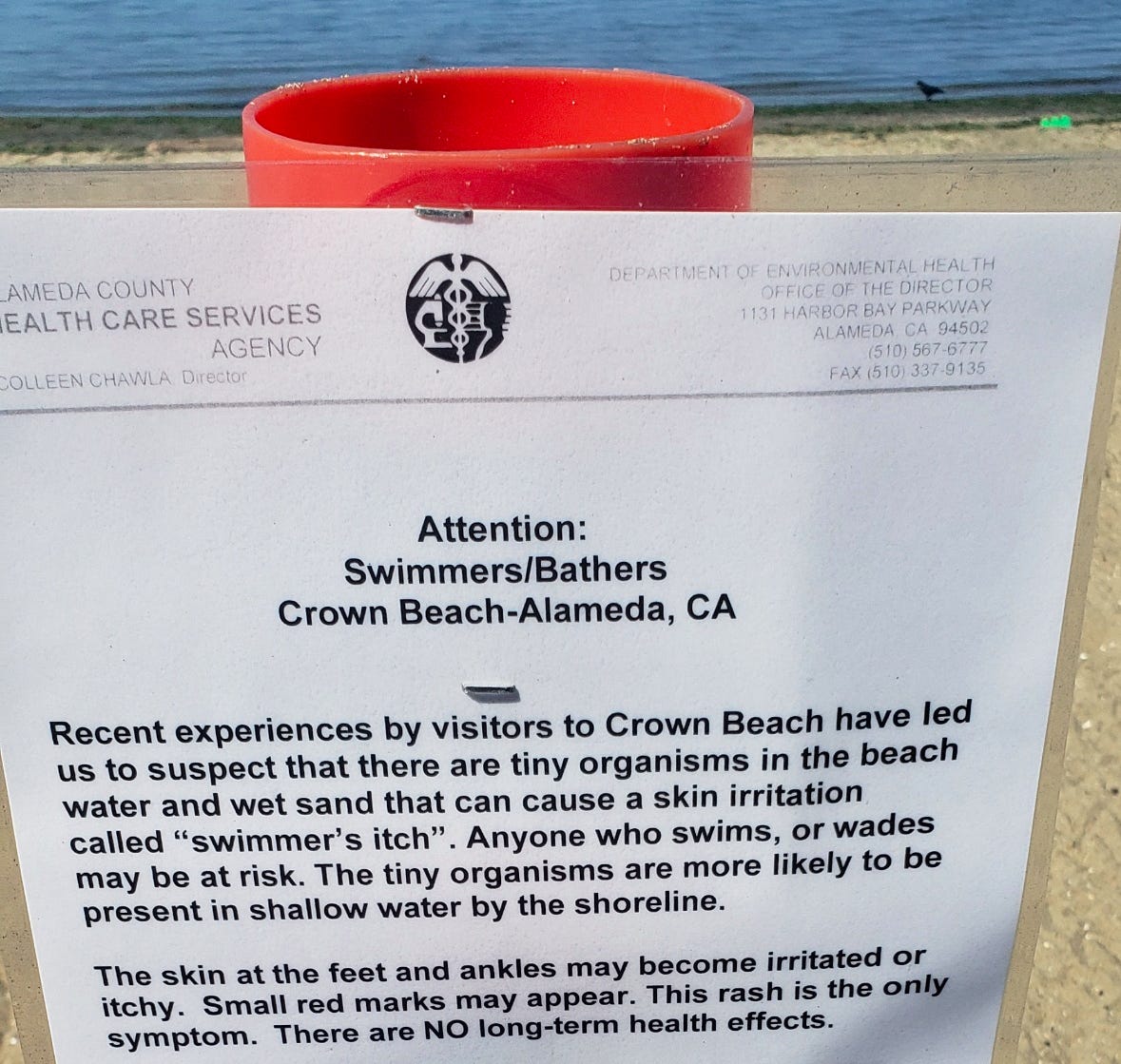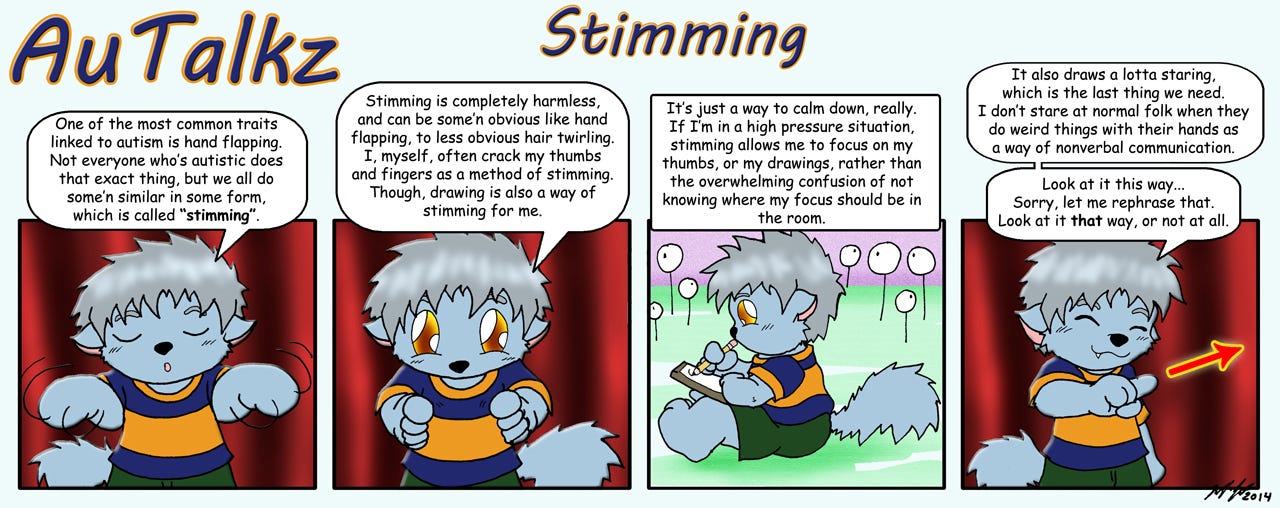Yesterday, my family and I took a much-needed trip to the beach. It was covered with Teenaged Mutant Ninja Turtle-level slimy seaweed, blob-like creatures that looked like translucent livers, and an “organism” that covered your feet in a pimply rash. Likely for these reasons, it was pretty empty. I took in the quiet, and watched my husband build sand castles with my son (my children know by now that daddy is the one who will get dirty and mommy is the one who will stay on the beach blanket reading an US Weekly, but will most certainly buy you ice cream later). All of a sudden, a wet-suited, towheaded little boy came bounding over to us and yelled “I’m Tobin! (or was it Corbin? Corbett?) Do you wanna see a dead manta ray?!” Did I ever! Tobin/Corbett proceeded to guide us to the manta ray, tell us in his dramatic fashion (and in what my Speech Pathologist friends refer to as “slushy speech”) that he was six-AND-A-HALF, and suggest that the manta ray was perhaps, just in a deep sleep. Yes…perhaps. He bobbed up and down, more excited and approachable than any human I had spoken to in months. His two feet were never on the ground at the same moment — maybe he had gotten the memo about the organism with the foot fetish.

Eeeeeeewwwwwww
I drove home thinking about this little person, whatever his name really was, with a big dumb smile on my face. I had been missing quirky kids. Those children have been on my mind a lot lately, as the virus and summer give me less and less contact with kids outside my immediate circle. Like many of you, I have also been following the news of a 23-year-old man named Elijah McClain, who was killed last summer, most certainly because he was Black, and also probably because he had a slightly unexpected way of presenting himself. I have been thinking about Elijah and the cops who killed him, and also about the person who found him suspicious enough, walking down the street with an iced tea, to call 911. That person, clearly a product of a brutally racist society, is also a product of a society that seems to have little interest in understanding why different people think and behave in different ways.

We also saw this important sign on a visit to another beach last week. The work of a true genius.
Neurodivergent children (you may know them as children with “disabilities” or “special needs”) are a highly segregated group. Until 1975, most children with disabilities were refused a public education. Fifty years later, in my home state of California, just over half of students with disabilities are educated with their typical peers 80% or more of the school day. As intersectionality would tell us, Black children with disabilities are even more likely to be segregated. In my time in schools and talking to parents of such children, it’s very clear that even in settings that make a sincere effort to be inclusive, most of these children do not have many neurotypical friends, don’t get invited to neurotypical birthday parties, and even sit in desks that are removed from the rest of the class, sometimes with an adult glued to their sides. Even kids who have no diagnosis or label, who receive no special services, tend to get squeezed out into the margins with the rest of the quirky kids, so that not only all the Black kids, but also all the “weird” kids, are sitting together in the cafeteria.
When I walk into a school, I make a beeline for this table. This is where you will engage in sophisticated debates about giant squids versus killer sharks, learn jaw-dropping facts about the New York City subway system, witness unembarrassed conversations about big issues (I once overheard a Catholic student confide to a Jewish one “don’t tell my Dad, but my god is a woman!”), and witness humbling displays of radical acceptance. All children delight and interest me. My husband’s joke, whenever we are at a wedding or barbecue or checkout line and he looks over to see me in a heart-to-heart with an eight-year-old boy is to say “well, she has a type.” But my absolute favorite children are the ones who other adults, and eventually, their children, who so keenly pick up on their signals about what is accepted and what isn’t, steer clear of. These children are the wisest, the bravest, the most themselves. They make me want to be the most myself too.
Just like sending someone’s white or privileged child to the local global majority school benefits not only the children already who go there but also their own precious pumpkin, interacting with, and teaching your child how to interact with, kids with different kinds of brains is not an act of charity, but a benefit to their own development. I’m not talking about having your kid be a “buddy” to a child with Down Syndrome, though that may be all well and good, I’m talking about daily, authentic, curious interactions with kids who think and act differently than your child, warts and all.
Why? Because all of us need to have our ways of seeing things challenged. All of us need to learn how to access a deeper well of patience and creativity and flexibility within ourselves than we’d known existed. Any of our children could find themselves in a setting, a culture where they don’t speak the dominant ‘language’, or could suffer a fate that suddenly makes them unconventional too. Any child could encounter a man wearing a mask and waving his hands on the way home from a convenience store and have to make quick sense of why he might behave in a way that is unexpected but is certainly not threatening.

If you are a parent of a neurodivergent child, you also know how much other parents need you right now. You are the expert on getting your child through an assignment that they should definitely be doing with a certified teacher, with structuring their days, with helping them focus in less-than-engaging situations, with regulating their energy and physical needs when going to the park is not an option and the outside world is full of dangers. Now that all children are suffering from anxiety, having meltdowns, refusing to do schoolwork, we may have wished we invited you to our last “Mom’s Get Shitcanned on Skinny Girl Margaritas” night. You are a fount of knowledge for the rest of us, who may be encountering these difficulties for the first time and are crying out in distress. And all too often we’ve sidelined you, avoided you because we were too overwhelmed by our own ineptitude at discussing your situation and our fear, however subconscious, of our own child’s association with something hard to manage or understand.
I am thinking a lot about white supremacy these days. And I’m thinking about cognitive supremacy too. It’s harder than ever to spend time with other people and their children. And it’s more important. Raising healthy, anti-racist children is also about raising children who are curious about and prepared for interactions with different kinds of people. And who know that they can process those interactions with a loving adult who says “I don’t really understand everything about the world, and I make a lot of mistakes, but I do know we value being kind and welcoming and standing up for justice.”
If this speaks to you, here are some ideas I have about actions to take. If you have other ideas, I would love you to comment!
Ask all kinds of kids about themselves (with 6-feet-distance, in masks!) when you meet them. Kids don’t mind when adults are curious about who they are and what they like. Trust me. I talk to random children all of the time :)
If you can’t find any kids IRL, watch Understood.org’s lovely series of videos of children talking about how their minds work. This is one of my favorites.
Listen. Reach out to your school or local parenting group of neurodivergent children and ask how their experiences have been and if they feel their voices are being heard.
Read about how children with disabilities are disproportionately affected by COVID-19’s impact on schools, and use your power to bring this to the attention of your leadership.
As long as you’re diversifying your child’s library, why not throw in something like Little Feminist’s Board Books or El Deafo by Cece Bell for older kiddos.
Start a neurodiversity parenting group for parents at your child’s school to give parents of all kinds of children the space to “reach across the schoolyard” and create alliances. Invite parents of neurotypical kids, and send an intentional message to your school’s parent group for parents of children with disabilities, or to a specific parent you know who almost definitely feels marginalized and excluded from many activities parents of neurotypicals take for granted.
Thanks for reading, y’all.





This is powerful and makes me see the world differently!
Wow! I think about five new synapses just connected in my brain. Thanks for hitting the intersections so hard and making me think more deeply about my own opportunities for learning and delighting in kids. I would love to keep talking about this.